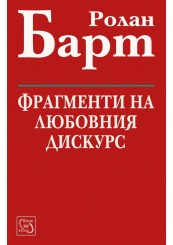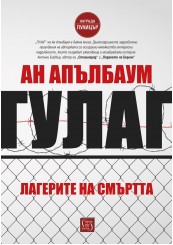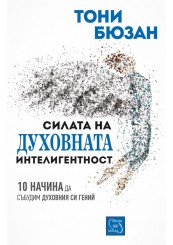Roland Barthes

Roland Gérard Barthes (1915–1980) was a French literary theorist, philosopher, linguist, critic, and semiotician. Barthes' ideas explored a diverse range of fields and he influenced the development of many schools of theory, including structuralism, semiotics, social theory, design theory, anthropology, and post-structuralism.
Roland Barthes was born on 12 November in the town of Cherbourg in Normandy. When Barthes was eleven, his family moved to Paris, though his attachment to his provincial roots would remain strong throughout his life.
He showed great promise as a student and spent the period from 1935 to 1939 at the Sorbonne, where he earned a licence in classical literature. He was plagued by ill health throughout this period, suffering from tuberculosis, which often had to be treated in the isolation of sanatoria. His repeated physical breakdowns disrupted his academic career, affecting his studies and his ability to take qualifying examinations. They also exempted him from military service during World War II.
His life from 1939 to 1948 was largely spent obtaining a licence in grammar and philology, publishing his first papers, taking part in a medical study, and continuing to struggle with his health. He received a diplôme d'études supérieures (roughly equivalent to an MA thesis) from the University of Paris in 1941 for his work in Greek tragedy.
In 1948, he returned to purely academic work, gaining numerous short-term positions at institutes in France, Romania, and Egypt. During this time, he contributed to the leftist Parisian paper Combat, out of which grew his first full-length work, Writing Degree Zero (1953).
In 1952, Barthes settled at the Centre National de la Recherche Scientifique, where he studied lexicology and sociology. During his seven-year period there, he began to write a popular series of bi-monthly essays for the magazine Les Lettres Nouvelles, in which he dismantled myths of popular culture (gathered in the Mythologies collection that was published in 1957). Consisting of fifty-four short essays, mostly written between 1954–1956, Mythologies were acute reflections of French popular culture ranging from an analysis of soap detergents to a dissection of popular wrestling. Knowing little English, Barthes taught at Middlebury College in 1957 and befriended the future English translator of much of his work, Richard Howard, that summer in New York City.
Barthes spent the early 1960s exploring the fields of semiology and structuralism, chairing various faculty positions around France, and continuing to produce more full-length studies. Many of his works challenged traditional academic views of literary criticism and of renowned figures of literature.
By the late 1960s, Barthes had established a reputation for himself. He traveled to the US and Japan, delivering a presentation at Johns Hopkins University. During this time, he wrote his best-known work, the 1967 essay "The Death of the Author," which, in light of the growing influence of Jacques Derrida's deconstruction, would prove to be a transitional piece in its investigation of the logical ends of structuralist thought.
Barthes continued to contribute with Philippe Sollers to the avant-garde literary magazine Tel Quel, which was developing similar kinds of theoretical inquiry to that pursued in Barthes' writings. In 1970, Barthes produced what many consider to be his most prodigious work, the dense, critical reading of Balzac's Sarrasine entitled S/Z. Throughout the 1970s, Barthes continued to develop his literary criticism; he developed new ideas of textuality and novelistic neutrality. In 1971, he served as visiting professor at the University of Geneva.
On 25 February 1980, Roland Barthes was knocked down by a laundry van while walking home through the streets of Paris. One month later, on March 26, he died from the chest injuries he sustained in that accident.




